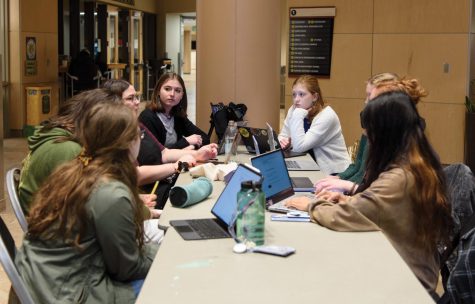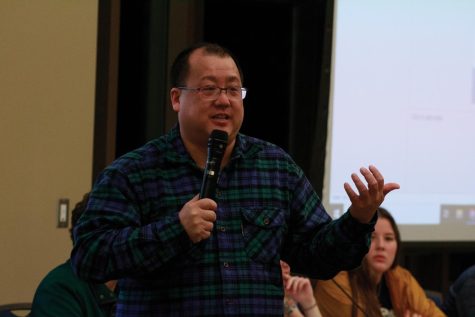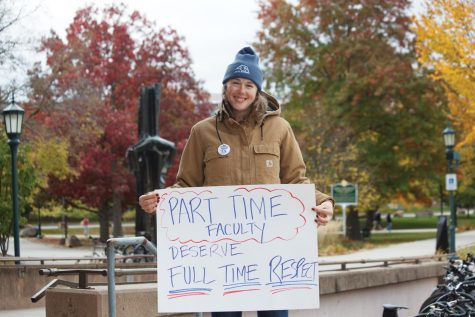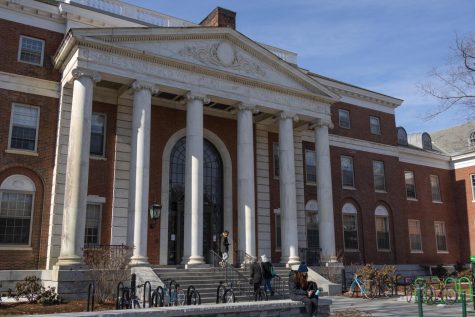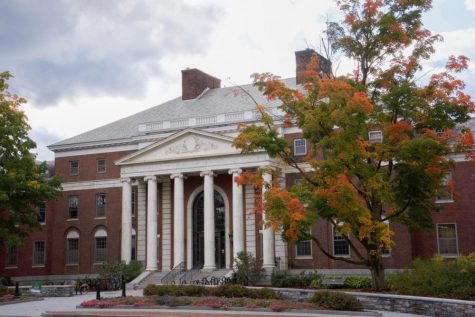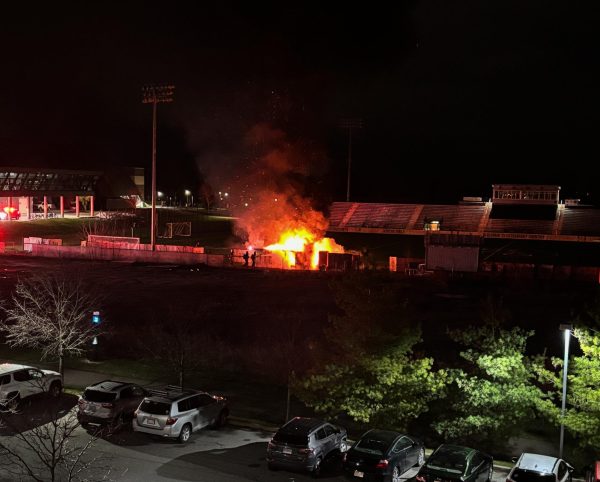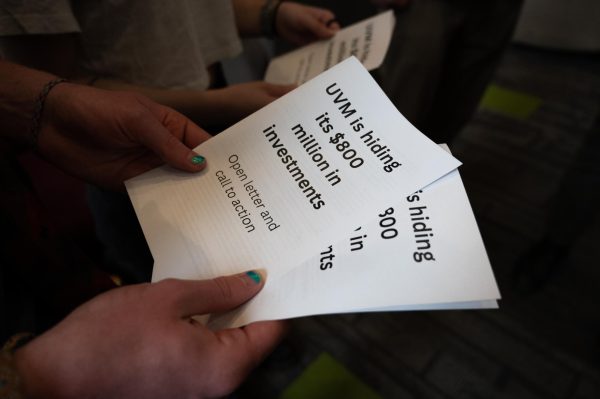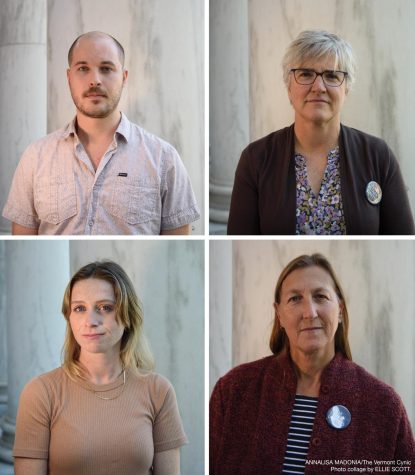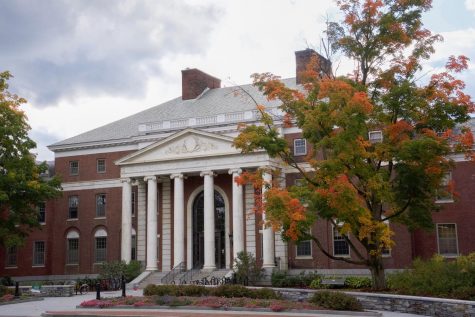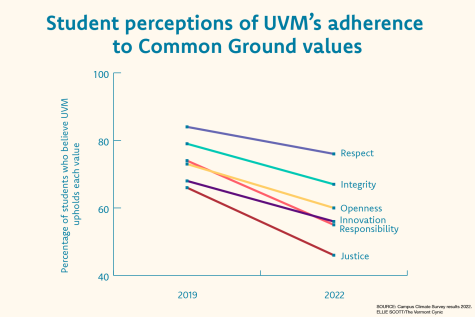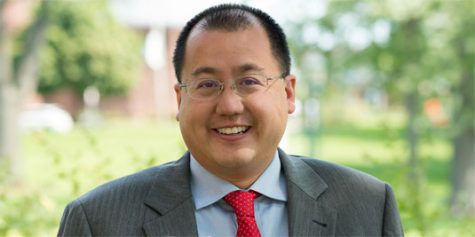Journalist brings book tour to UVM
Journalism has the ability to give so much more than a simple story.
Alfredo Corchado, the author of “Midnight in Mexico,” was able to gain a new perspective on his identity through his journalism. Corchado came to speak in the Waterman Memorial Lounge April 9. Corchado moved to the United States with his mother, for hwon the book is written, as a teenager.
“My book isn’t just about drug violence, it’s also a confession to my mother,” Corchado said. “A love letter to her from her homeland.”
Throughout the book he reflects on various parts of his childhood that helped shape who he is and who he is not. Corchado had a longing to know more about the Mexico that his parents left behind. After becoming a journalist, Corchado decided he wanted to report from Mexico. Despite his parent’s wishes, he engaged in investigative journalism, concentrating on corruption and the drug trade.
During his lecture, Corchado reminisced about the advice his father gave him before he embarked on his journey: “Don’t get involved with the narcos, they don’t understand the word forgiveness.” A crowd member asked Corchado his opinion on marijuana legalization. “There will always be something, of it’s not weed, then it will be heroine and meth,” Corchado said.
“Today, organized crime is more than just drug cartels. It has grown into kidnappings and extortion,” he said. It wasn’t long before Corchado said he received his first death threat. “In Mexico, every 26 hours a journalist is attacked by either authorities or organized crime,” Corchado said. Despite these threats, Corchado continued with his work, which led him to his first book.
“Midnight in Mexico” recounts his journey as a reporter in Mexico, but focuses on how he came to understand himself. During his lecture, another audience member asked Corchado his thoughts on the drug relations in Colombia. “Colombia has progressed as a nation and is currently involved in an arts movement,” Corchado said.
Corchado initially aspired to be a songwriter. “I believe the arts, especially music, has the power to transform a country,” Corchado said, “Having my fans make a playlist for my book was a great honor for me.” Aside from the arts, Corchado also believes social media plays a large role in Mexico today. “Social media allows for Mexico’s shame to be brought to a national audience,” Corchado said.


